When I first decided to study for the CCNA exam, I quickly realized one thing: the right book can make or break your success. There were too many choices, and I didn’t want to waste time on a bad one. After months of studying, passing the CCNA, and helping others, I’m sharing the best books that worked for me and can work for you too.
In this guide, you’ll find clear recommendations, honest advice, and smart tips to help you choose the perfect CCNA study book. I’ll also show you how to use these books with free resources and stay on track for your certification.
Why Choosing the Right CCNA Book Matters
If you pick the wrong book, you might end up confused, frustrated, and behind schedule. A good CCNA book will:
- Build clear concepts from the basics to advanced networking
- Save your time by focusing on what the exam tests
- Boost your confidence for both theory and labs
The CCNA exam covers many topics like IP addressing, subnetting, switching, routing, security basics, and wireless concepts. Your book needs to cover all of these clearly and without gaps.
Choosing smart means learning smart. Good books guide your study so you can move faster and avoid burnout.
Key Features to Look for in a Good CCNA Book
When picking a CCNA study guide, make sure it has:
- Up-to-date content: Matches the latest CCNA 200-301 exam.
- Simple explanations: Easy to understand, no fancy words.
- Practice labs: Hands-on learning to build real skills.
- Practice questions: Test yourself regularly.
- Real-world examples: Helps you connect theory with real jobs.
- Visual aids: Diagrams, charts, and configuration screenshots help you remember better.
A good CCNA book does more than just explain concepts. It trains you to think like a network engineer.
Best Books for Preparing for the CCNA Exam (My Top Picks)
CCNA 200-301 Official Cert Guide Library by Wendell Odom
If you want the full package, start here. It’s detailed, trusted, and Cisco-approved.
- Two volumes: Volume 1 and Volume 2 cover everything.
- Theory + labs: Great mix of reading and hands-on practice.
- Practice exams: Test your knowledge at the end of each chapter.
- Why I liked it: It’s deep but easy to follow step-by-step.
Odom’s writing style is direct and clear. His end-of-chapter quizzes help you stay accountable. Plus, the online practice tests are a big bonus.
31 Days Before Your CCNA Exam by Allan Johnson
This book is a lifesaver when your exam is close.
- Daily goals: Focus on key topics each day.
- Quick reviews: Great for brushing up.
- Realistic checklists: Stay organized as your test day approaches.
- My tip: Start this one when you’re about a month away from your exam date.
Each day’s chapter is short and targeted. It keeps you from panicking and helps you spot weak areas fast.
CCNA 200-301 Portable Command Guide by Scott Empson
Sometimes you just need a book to quickly check commands and facts.
- Pocket-sized: Bring it anywhere.
- Command summaries: Find the syntax you need fast.
- Config examples: See real commands in action.
- Best use: During labs and last-minute reviews.
This guide saved me multiple times during practice labs when I forgot specific IOS commands.
CCNA Certification Study Guide by Todd Lammle
If you want a book that’s easy to read without getting bored, Todd Lammle delivers.
- Simple language: No complicated tech talk.
- Real-world focus: Good mix of theory and practical advice.
- Lab exercises: Helps you practice what you learn.
- Why I recommend it: Great for self-paced learners.
Lammle’s humor and storytelling style make learning dry topics more interesting. If you struggle with motivation, this book keeps you moving.
Cisco Networking All-in-One For Dummies by Edward Tetz
If you’re brand-new to networking, start here.
- Beginner-friendly: Clear and basic.
- Step-by-step guides: Easy to follow.
- Covers a wide range: Basics of networking, security, and wireless.
- Best for: People just starting out and feeling overwhelmed.
While it’s not focused only on CCNA, it lays a strong foundation if networking terms sound like a foreign language to you.
Free and Low-Cost CCNA Study Books (If You’re on a Budget)
Not everyone can afford new textbooks. Good news: you don’t have to.
Free CCNA Workbook (Online Resource)
- Tons of labs: Practice subnetting, routing, switching, and more.
- Free access: Available online without paying.
This site gives you step-by-step labs you can follow using Packet Tracer or GNS3.
Open Library Free CCNA Books
- Borrow eBooks: Sign up for free and “check out” books digitally.
- Popular titles available: Older editions can still be helpful.
Some CCNA books from 2016–2018 are still useful for basic topics like IP addressing, Ethernet standards, and switching basics.
Discounted Used Books on eBay and Amazon
- Save money: Find used or older copies for cheap.
- Check condition: Make sure practice exams are included.
Sometimes you can grab a $100 textbook for $10–20 if you don’t mind a few highlights and dog-eared pages.
How I Used These Books to Prepare for My CCNA (And How You Can Too)
Here’s the simple study plan that worked for me:
- Start with one main book: I chose Wendell Odom’s Cert Guide.
- Add a command guide: Used Scott Empson’s portable guide.
- Practice labs every day: Built networks in Packet Tracer.
- Review with 31 Days book: Focused my last month on daily reviews.
Extra tips:
- Highlight important points while reading.
- Create flashcards for key terms and commands.
- Teach someone else what you learned. It locks the info into your brain.
- Simulate real exam conditions during practice tests.
How to Combine Books with Other Free Resources
Books are great, but combining them with free tools makes you unstoppable.
- Packet Tracer: Free simulator to practice routing, VLANs, STP, OSPF, and ACLs.
- GNS3: Create advanced virtual labs.
- YouTube: Watch tutorials to see real network setups.
- Reddit: Join r/ccna or r/networking for advice.
- Cisco Learning Network: Free quizzes, videos, and discussion boards.
- Boson NetSim Trial: Try a few free labs from premium providers.
Combining reading, watching, and doing keeps your brain engaged and ready for real-world networking.
Common Mistakes to Avoid When Using CCNA Books
Save yourself trouble by avoiding these traps:
- Reading without doing: Always practice what you read.
- Skipping subnetting: Master it early; it’s everywhere on the exam.
- Ignoring command line practice: Know the syntax cold.
- Cramming at the last minute: Study steadily instead.
- Buying too many books: Stick to 1–2 good ones.
- Ignoring new topics: Stay updated with changes like wireless basics and automation.
FAQs About CCNA Study Books
Can I pass CCNA using just books?
Yes, many people do. But pairing books with labs and practice exams makes it much easier. Active learning beats passive reading.
How many books should I use?
One main textbook, one command guide, and one review book is enough. Quality beats quantity.
Should I get the latest edition?
Yes. The CCNA 200-301 exam changed a lot. Always study with the newest materials. New topics include network automation, SD-WAN basics, and wireless security updates.
Are older books still useful?
They can help for basic theory, but always double-check if topics match the latest exam outline. Supplement older books with online updates.
My Opinion
Getting the CCNA is a big goal, but with the right books, you’re already halfway there. Start with a strong textbook like Wendell Odom’s guide, back it up with daily practice, and stay consistent.
Mix reading, labs, videos, and practice tests. Build your skills every day. Even 30–60 minutes daily adds up fast.
Your future in networking starts with smart study habits today. You’ve got everything you need — now it’s your move!
Stay focused, stay curious, and soon you’ll be adding “CCNA certified” next to your name. Let’s do this!

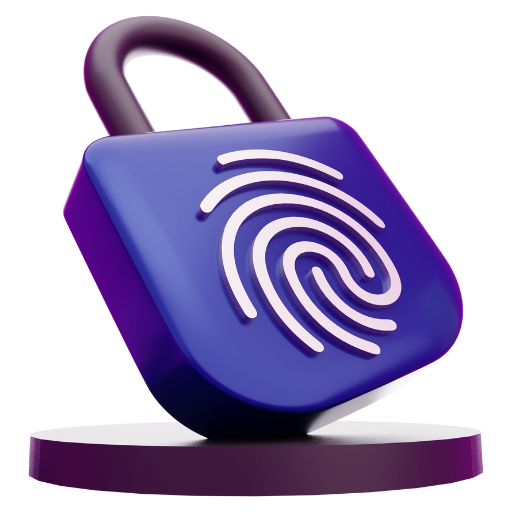

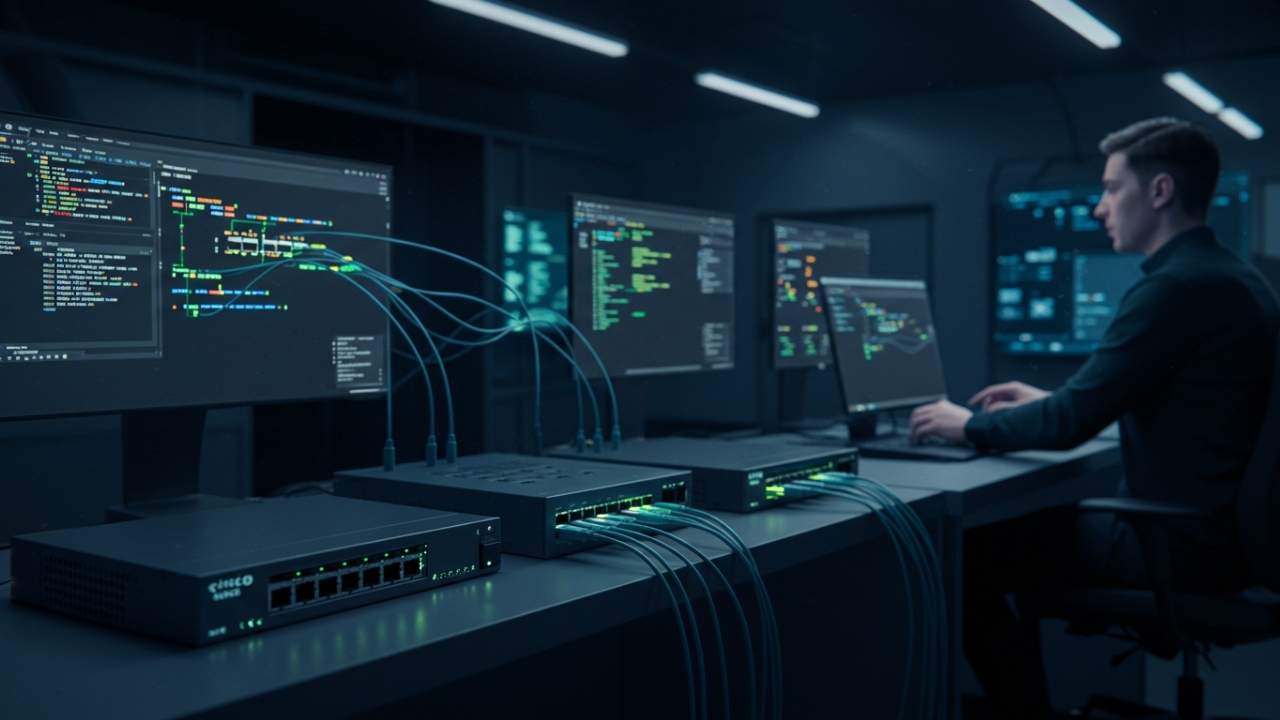


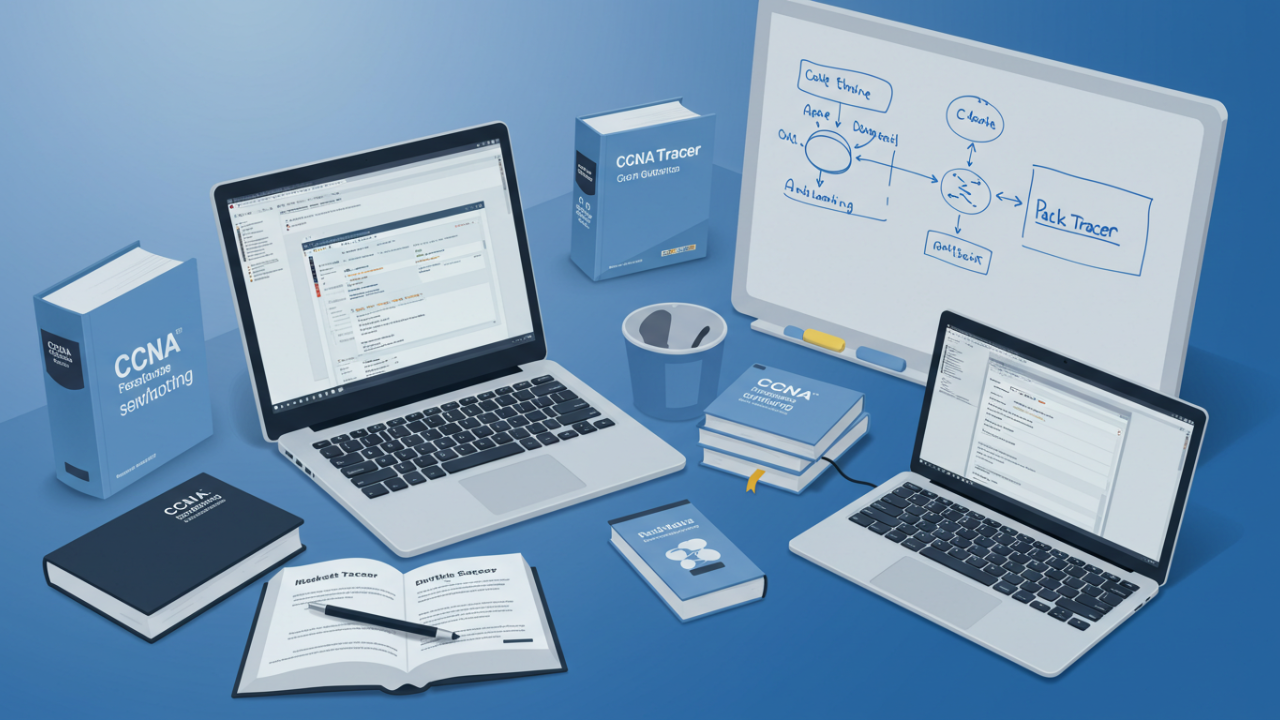
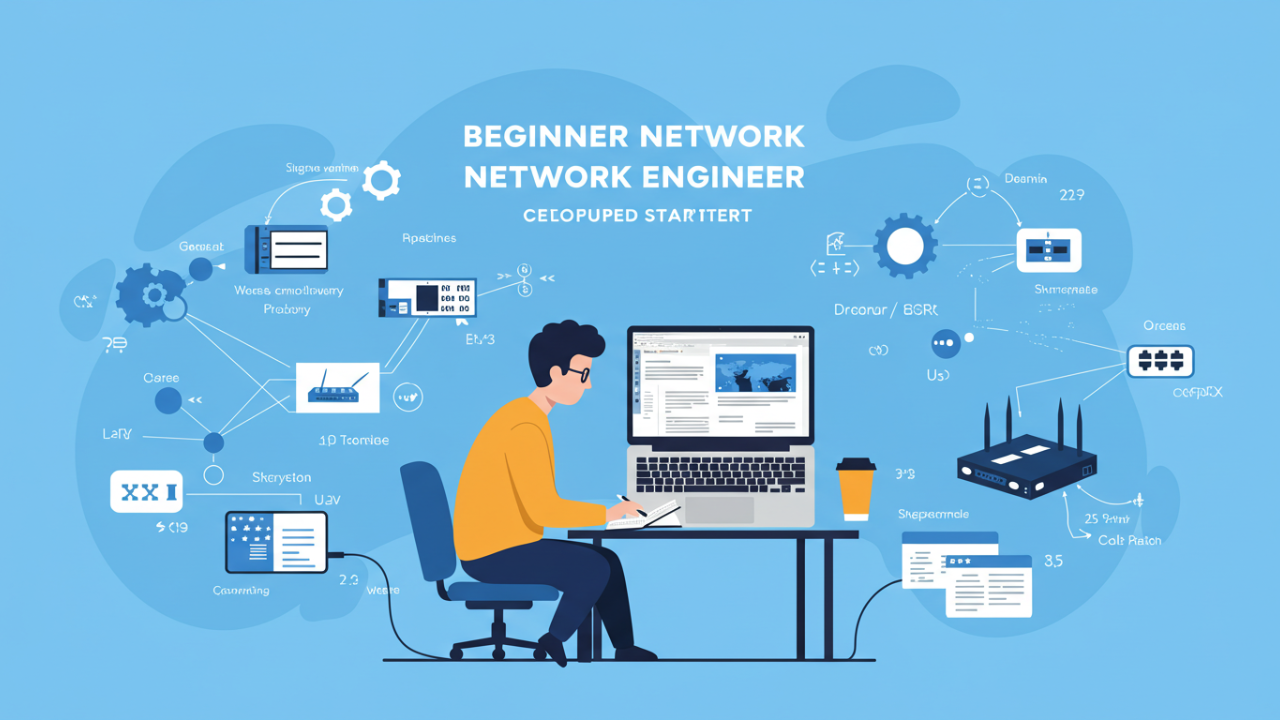
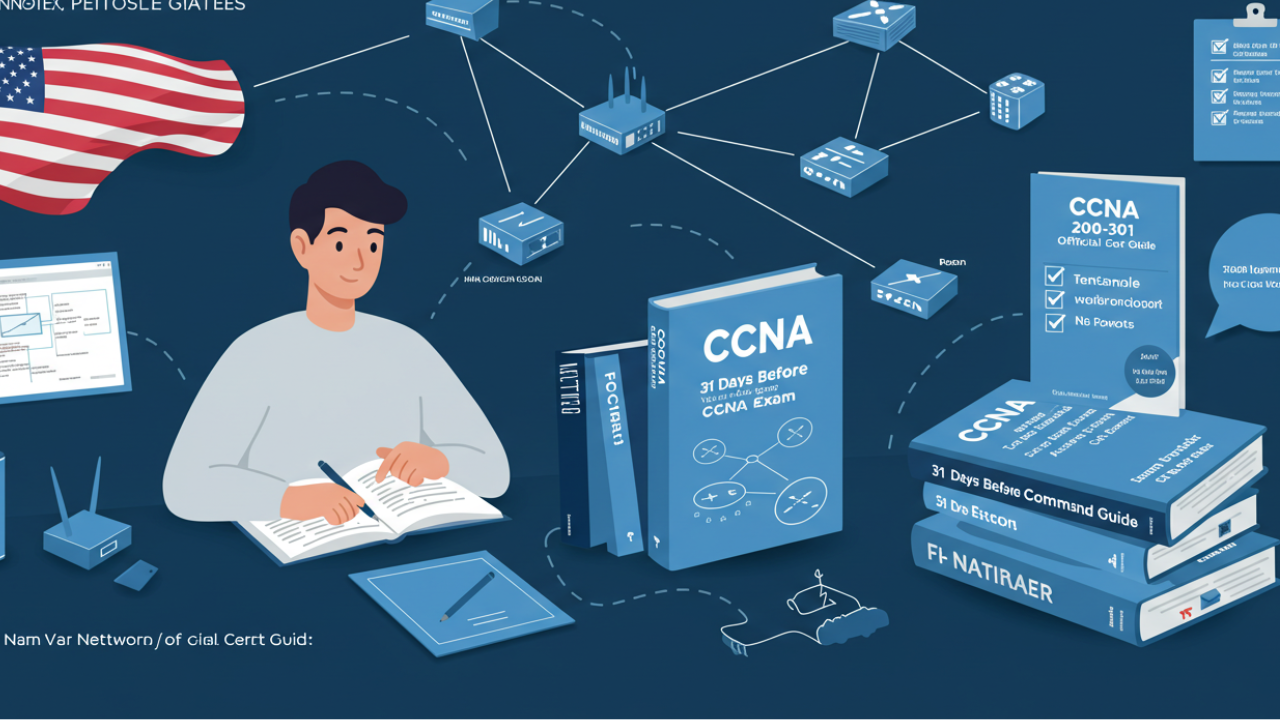


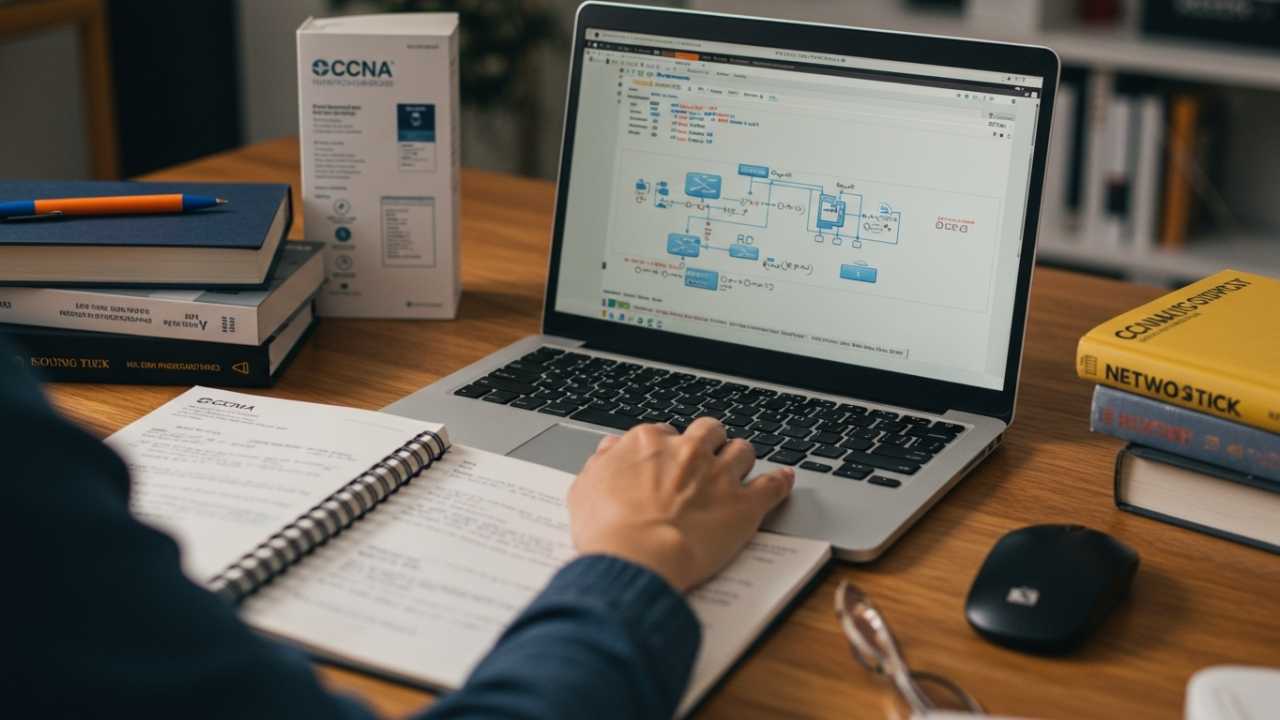

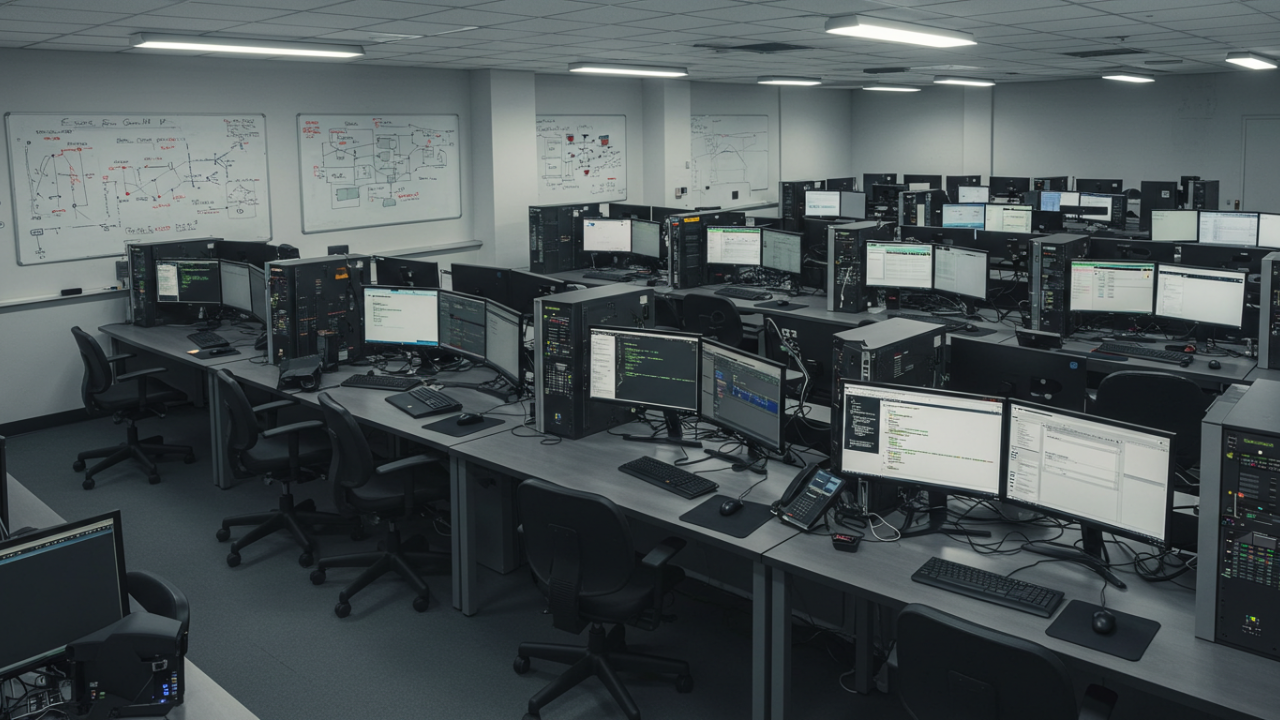


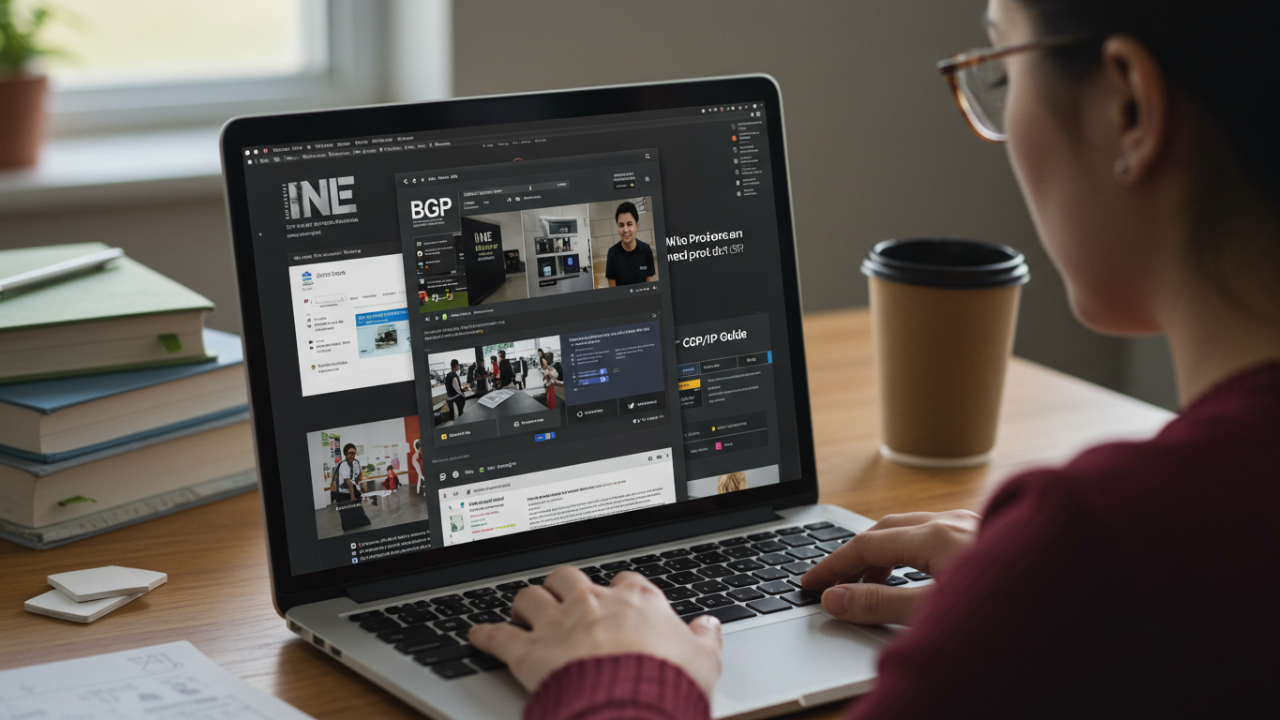
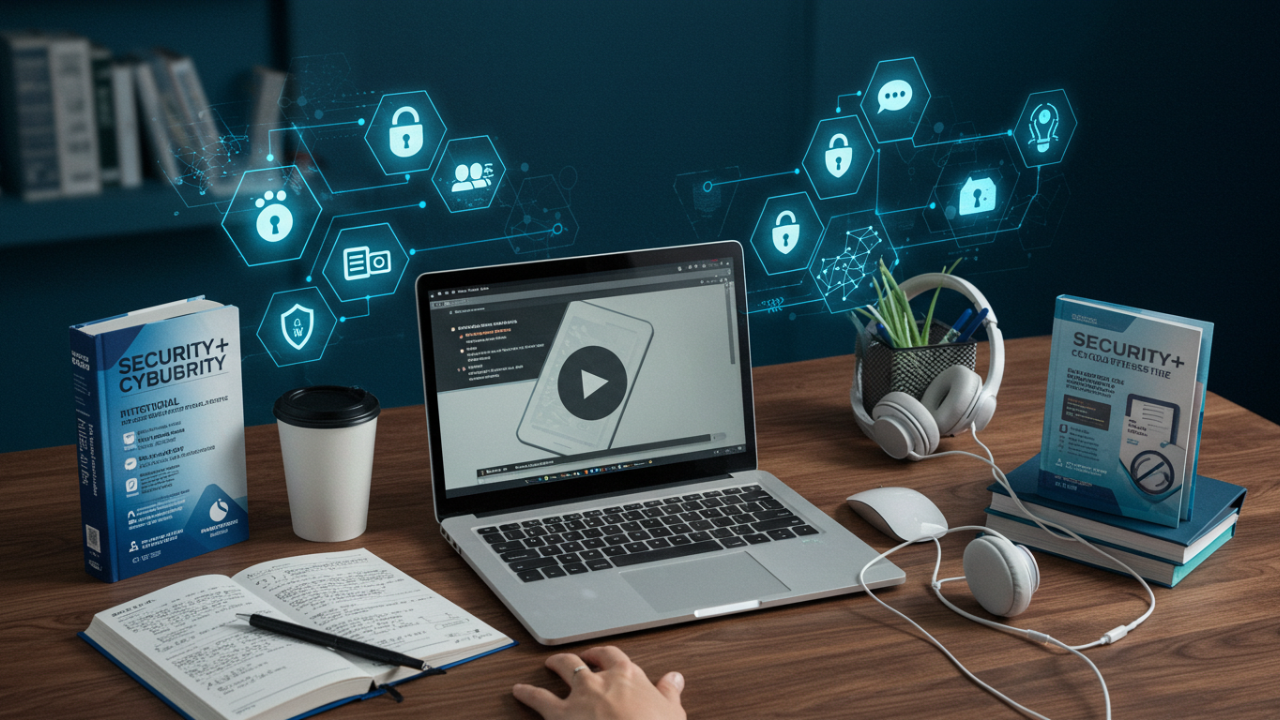

Leave a Reply